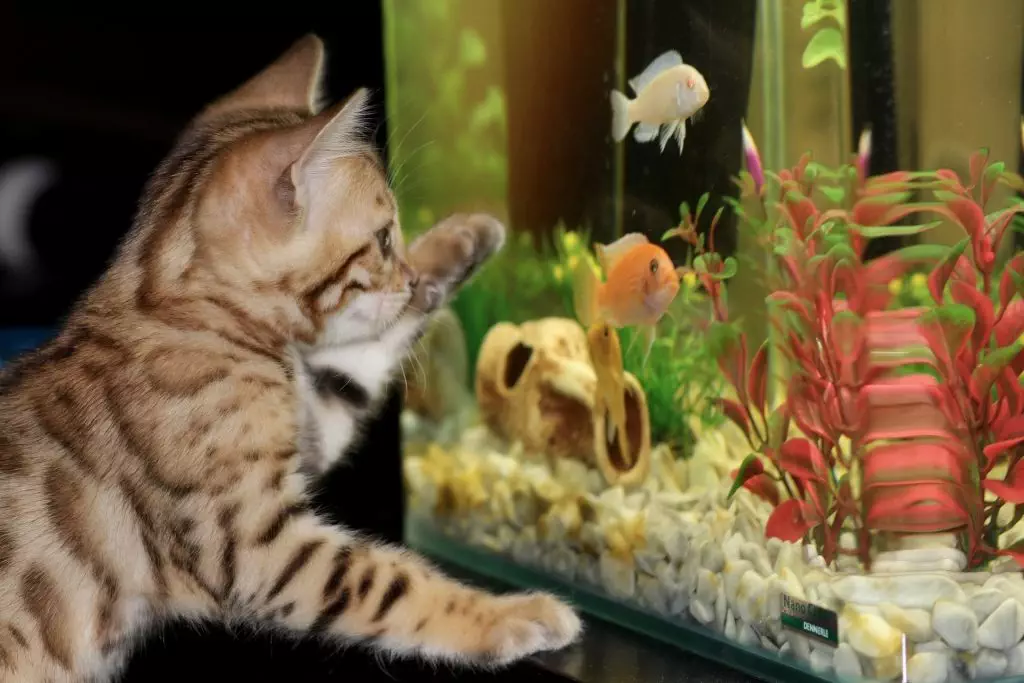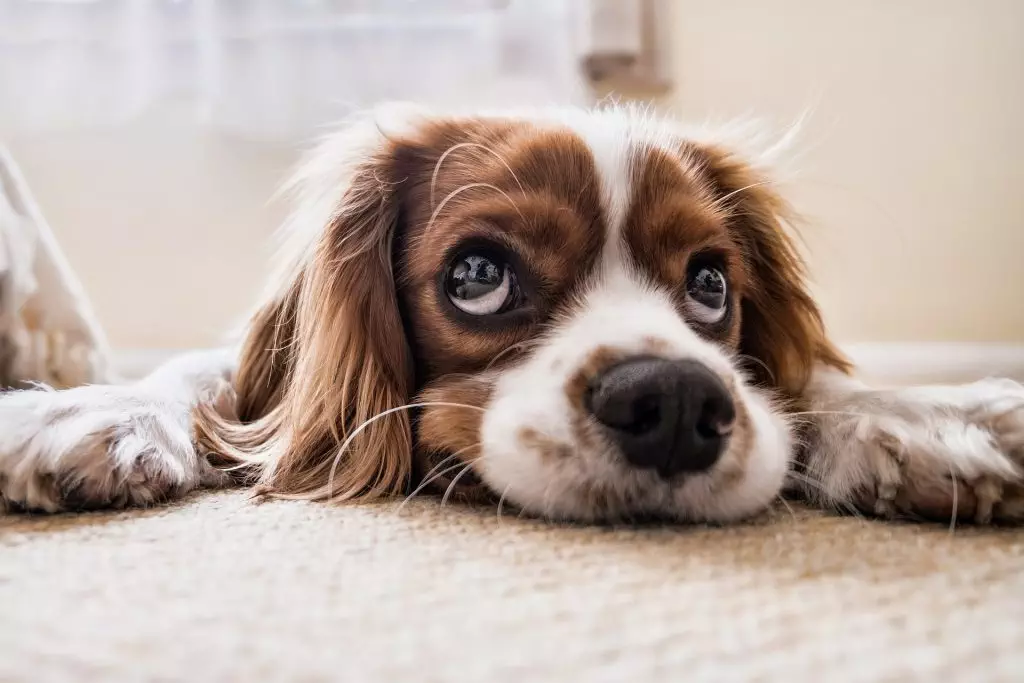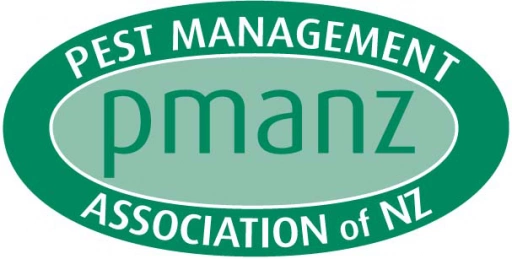Is pest control safe for pets? This is one of the most frequent questions we hear from clients. In many Kiwi homes, your pet is another member of your family, so this worry is incredibly valid. The short answer is yes, in most cases, when you follow the preparation information, and the treatment is carried out by a professional. However, we always recommend speaking with your provider first if you are concerned.
Below is a list of tips to ensure your pets are happy and safe during and after your next pest control treatment.
Tell your provider
If you have a pet, tell your provider when you book your pest control service, as they may need to tailor the treatment. Before the treatment begins, always discuss any concerns you may have with the office or with a pest control specialist.
Before the treatment starts, make sure you remove any water/food bowls, toys or bedding if they are in the treatment area.
Secure your pets
Pets are often curious and may try to investigate new sounds and smells in their home. Our technicians love meeting your pets; however, sometimes, that curiosity can bring them too close to our treatment and increase the chance of something going wrong.
You will need to keep your pests safely secured while our pest technician is carrying out work. We often recommend leaving your pets with a friend or at a kennel for the day of the treatment. If this isn’t an option for you, close them in a room that isn’t being treated and make sure you use a towel to block any gaps in doorways. For example, if you have a pest problem in your kitchen, you may want to put your them into your garage or bedroom. Make sure cats or dogs can’t sneak back inside if you placed them outside for the treatment.
Feathery And Fishy Friends

We need to know if you have birds, fish or reptiles kept in tanks or cages inside. Please don’t be upset if we can’t treat a room where you have birds, fish, reptiles or other such pets that can’t be relocated. Our job is to make sure we keep you and your pets safe during pest treatments.
Ideally, you will relocate them somewhere safe during the treatment. However, this is not always practicable so at the very minimum you need to cover tanks including filters with a nonpermeable fabric. Make sure there are no gaps where air can enter. Be careful when doing this, as if the power is on the heat from the covered motor may create a fire hazard. Make sure any food or equipment you use is put away or covered.
If you are worried, we recommend calling your veterinarian to ask if the pesticide will react with your pet. Some birds have susceptible respiratory systems and may be prone to problems.
Important note about rodent treatments
When carrying out rodent control, it’s important that you tell us if you have a dog or if dogs frequent your property. Rodenticide is toxic and harmful to humans and pets. It can be lethal to dogs. THE ANTIDOTE IS VITAMIN K1. If you have a dog, we recommend you check that your local vet has stock. We use lockable tamper-proof stations to hold bait (rodenticide), which are designed to help protect people and pets from accidental exposure to the bait inside. While we take the utmost care to ensure stations are secure and out of reach from pets, we can’t guarantee that your pet won’t access the bait inside.
Are you still worried? Please speak with A-Jet Pest Control today. They are knowledgeable and always happy to answer any concerns you may have.
Hire A Professional
Most importantly, if you have pets avoid doing the treatment yourself. If you don’t know how to apply the pesticide correctly or if you use the wrong amount, you run the risk of unintentionally poisoning your pet. In saying that, no two pest control companies are created equal. If you’re looking for the safest and most effective service, ensure you hire a certified PMANZ (Pest Management Association NZ) technician. If you still have concerns about your pet’s safety, contact A-Jet Pest Control for free advice or a quote. Our founder was the past president of PMANZ, so we know what we’re talking about!




